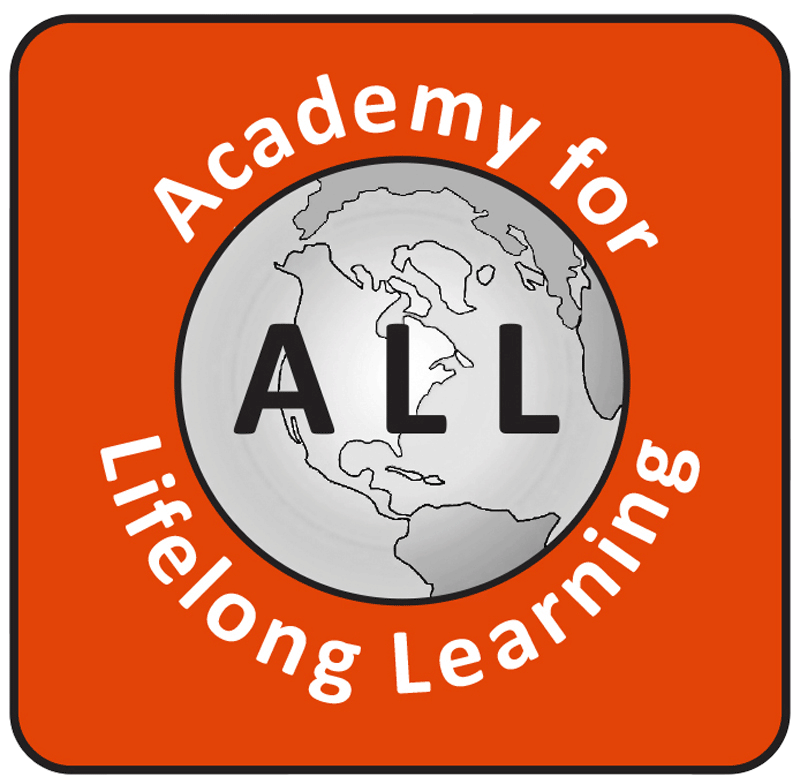Classes
Winter 2026
Classes This Week
This page shows classes for the current week. The information below is taken from the weekly email that is sent to ALL members. However, here we do not here provide the credentials needed for attending via Zoom. If you are not a member, contact our Program Coordinator to obtain credentials. Each classes uses different credentials.
Classes for the Week of January 26, 2026
Wednesday, January 21, 2026 – HYBRID
9:30 a.m. – 11:30 a.m.
A Deep Dig into Oregon Tilth and Certified Organic Agriculture
Presented by Kristina Peterson, Organic Conservation Specialist
What does “Certified Organic” mean, and what is required to merit that label of distinction? Ms. Peterson will share the history of the organic movement and of Oregon Tilth Certified Organic, plus the rigors of the organic certification process and integrity of the organic label. She will explain various certifications from other agencies, plus partnerships Oregon Tilth has with the Transition to Organic Partnership Program, the United State Department of Agriculture (USDA) and Natural Resources Conservation Service.
Tuesday, January 27, 2026 – HYBRID
1:30 p.m. – 3:30 p.m.
The Plastic Pellet Problem: Understanding Oregon’s Nurdle Crisis
Presented by Shelby Smith, Conservation Engagement Manager, Oregon Coast Aquarium
Nurdles—plastic pellets polluting Oregon’s coast pose a serious threat to coastal life, ecosystems, and communities. This class dives into their origins and how they end up on Oregon beaches, from industrial spills and global supply chain waste to ocean currents. Through discussion and real-world examples, learn how nurdles affect the environment and human health, and explore practical ways to help reduce plastic pollution.
Wednesday, January 28, 2026 – HYBRID
1:30 p.m. – 3:30 p.m.
Creative Defiance – Baffling the Bullies and Tripping the Tyrants
Presented by Bob Ward, Organization and Community Development Specialist
When protesting provokes power, resistance rouses revenge, logic loses, boycotting bombs, yet silence is suicide. Try Creative Defiance. Chuckling works better than heckling. Not being there gets more notice than being there. Flipping the scenario flips the power. Changing the icon changes the reality. A flask of tea is more potent than a canister of gas. Yellow sashes hold back the Red army. And then, create your own creative defiance. “When you rule by fear, the most frightening sound you can hear is laughter.”
Thursday, January 29, 2026 – HYBRID
1:30 p.m. – 3:30 p.m.
Supporting Seniors: Exploring Services from your Area Agency on Aging
Presented by Randi Moore, Director – Senior, Disability and Community Services Programs; Oregon Cascades West Council of Governments, Alicia Lucke, Program Manager with the Community Services Programs of Oregon Cascades West Council of Governments; Rachel Sine, Program Manager with the Senior and Disability Services, Department of Oregon Cascades West Council of Governments; Heather Schermerhorn, Program Manager with the Senior and Disability Services Department of Oregon Cascades West Council of Governments; and Amy Peer, Program Manager at Cascades West
Learn about the many ways your local Area Agency on Aging supports older adults, from in-home care and transportation to help with Medicare, Medicaid, and caregiver resources. We’ll highlight programs like AmeriCorps Seniors and how they strengthen community support for aging in place. You’ll also discover how to access these services easily through your local Aging & Disability Resource Center (ADRC).
Unless otherwise specified, hybrid classes and in-person-only classes are presented at the Corvallis Community Center. 2601 NW Tyler Ave, Corvallis.
Page Updated 1/26/2026

